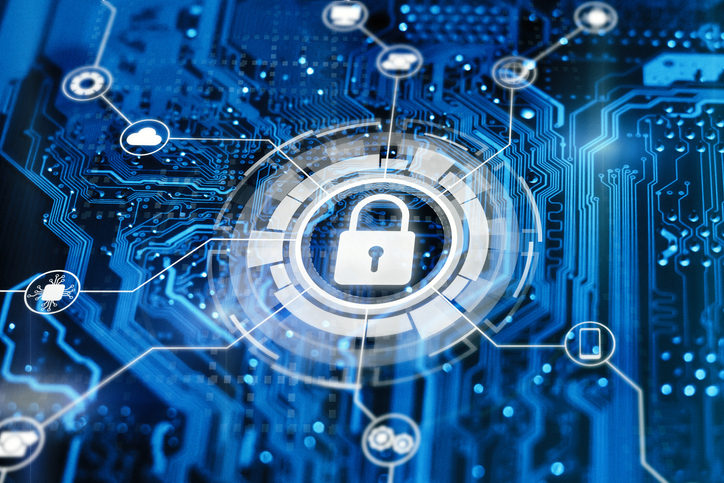
AI-Driven Email Attacks Are Exploding. Is Your Healthcare Organization at Risk?
AI-powered threats are overwhelming outdated IT defenses. Discover why email remains healthcare’s biggest cybersecurity vulnerability and what can be done to address it.

AI-powered threats are overwhelming outdated IT defenses. Discover why email remains healthcare’s biggest cybersecurity vulnerability and what can be done to address it.

A group of federal agencies recently released an updated set of guidelines to help healthcare organizations protect themselves from ransomware attacks and the data breaches that often follow. The guidance lays out best practices to prevent the six major ways that bad actors gain access to providers’ systems, which include compromised credentials and phishing.
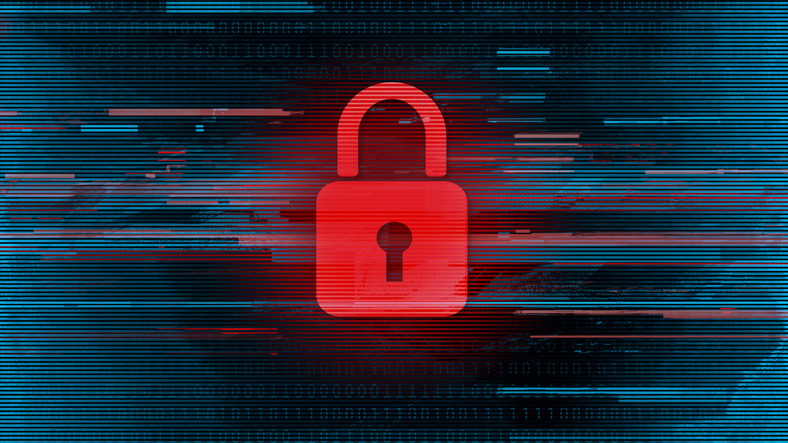
The threats of ransomware and phishing are more prevalent than ever, but not all healthcare providers have appropriately adjusted their strategies to mitigate increasing risk. In fact, a new report shows that many healthcare organizations could be overestimating their level of cloud security.
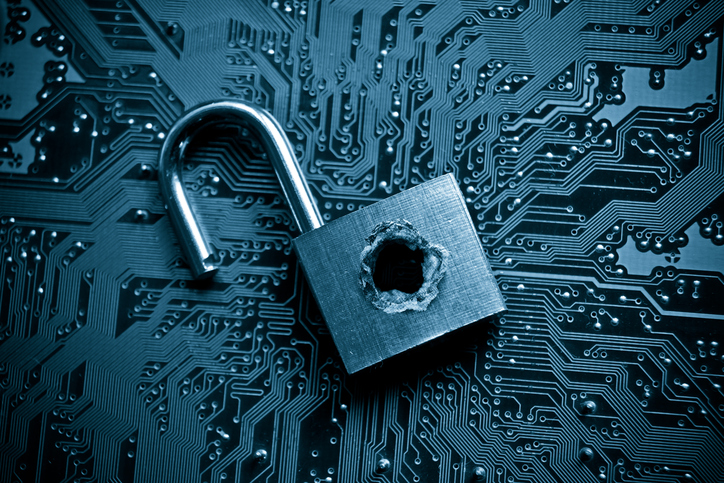
An email hacking incident exposed the information of close to 500,000 Aetna health plan members, the payer reported to HHS last week. The incident occurred when an unauthorized person gained access to an email account of Aetna's vision benefit services provider.
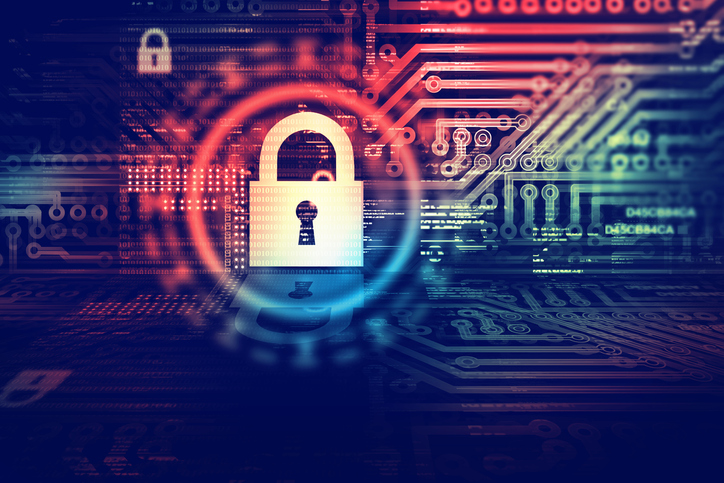
A survey of healthcare cybersecurity professionals by HIMSS details the most common types of cyber attacks, its impact on patient care as well as solutions hospitals and health systems have implemented to prevent falling prey to this type of criminal activity.
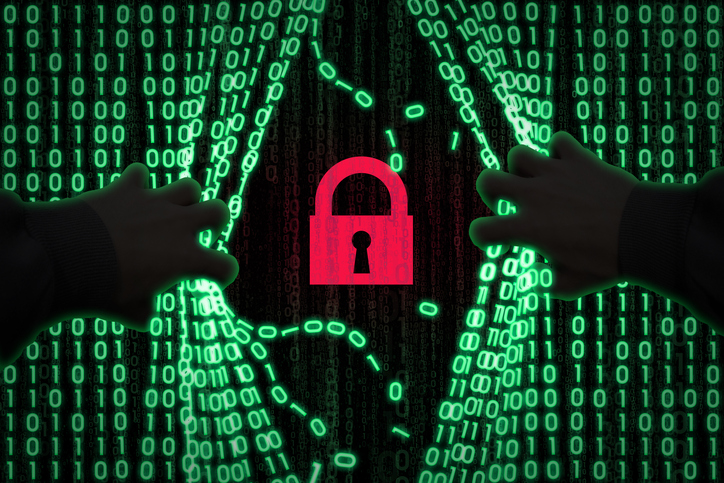
The FBI, along with two other federal agencies, released a joint advisory warning that the U.S. healthcare system is the target of a concerted ransomware attack. Cybersecurity experts are urging healthcare organizations to shore up their IT networks and remain vigilant.
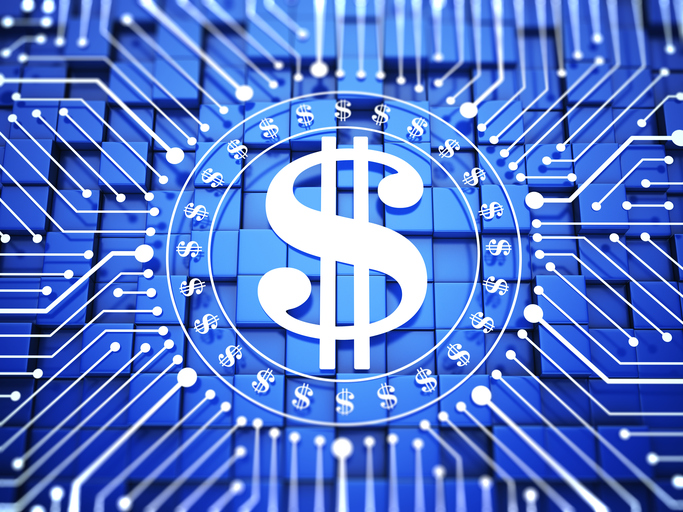
After a 2011 phishing incident, Metro Community Provider Network has agreed to pay $400,000 to settle claims that it violated HIPAA.

The new realities of cybersecurity may necessitate a legislative update to HIPAA, according to one member of Congress.

87 percent of health information security officers and other health IT professionals said that cybersecurity has become a higher business priority within their organizations in the last year, according to a new HIMSS survey.